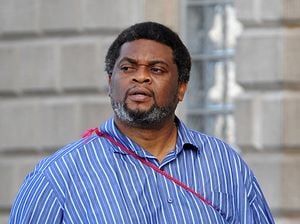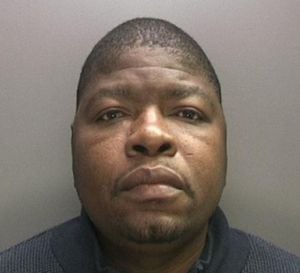Black Country sham marriage fraudsters lose appeals against sentences
Four men who took part in an immigration con involving sham marriages have been told by a judge that their sentences were not ‘excessive’.

The fraudsters – three from the Black Country and one from Birmingham – helped forge documents and took thousands of pounds off unsuspecting foreigners.
Donald Nwachukwu, senior pastor at the Kingdom of Godfire Church in Bilston, discovered West Africans were prepared to pay up to £6,500 for fake weddings to eastern European nationals.
His accomplice, Clemence Marijeni, created forged documents to make the marriages believable.

Nwachukwu, aged 43, of Sabell Road in Smethwick, was locked up for eight years at Wolverhampton Crown Court in October 2016.
Marijeni, 44, of Weston Road, Bilston, received a 10-year sentence.
Both pleaded guilty to counts of conspiracy to facilitate a breach of immigration law.
Peter Nnabuike Frederick, 28, of Prosser Street in Wolverhampton, and Idris Agia, 33, of Hodnet Grove, Highgate in Birmingham, both took part in a sham marriage.
Frederick was convicted of conspiracy to facilitate a breach of immigration law, an offence to which Agia pleaded guilty.
They each got three-and-a-half year jail terms after Frederick also admitted having a false identity document.
At London’s Appeal Court, Lady Justice Macur heard Frederick claim that he ought not to have been jailed, because his marriage was a genuine ‘love match’.
He applied for permission to appeal against his conviction, telling the judge that he and his eastern European bride 'loved each other and still do.'
But, rejecting his complaints, the appeal judge told him: “You cannot maintain that argument in the face of your conviction.”
All four men also had challenges to the length of their sentences refused.
Lady Justice Macur concluded: “We do not regard these sentences as wrong in principle or manifestly excessive.”





